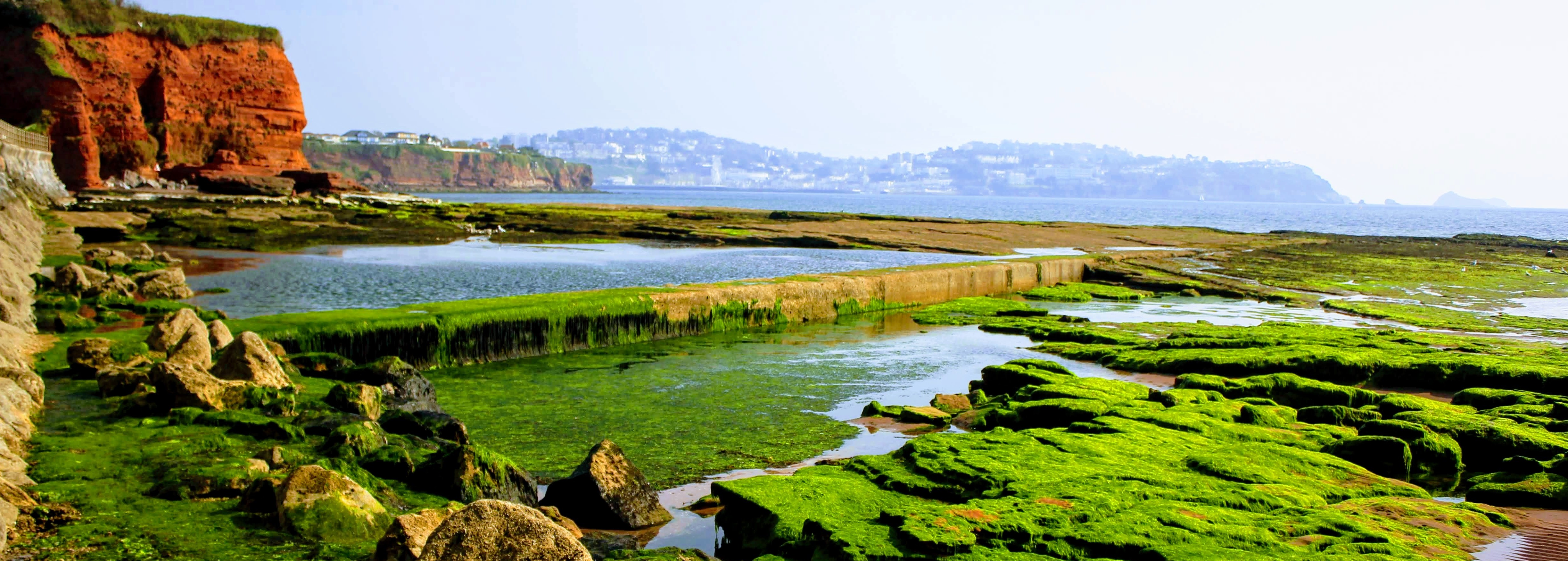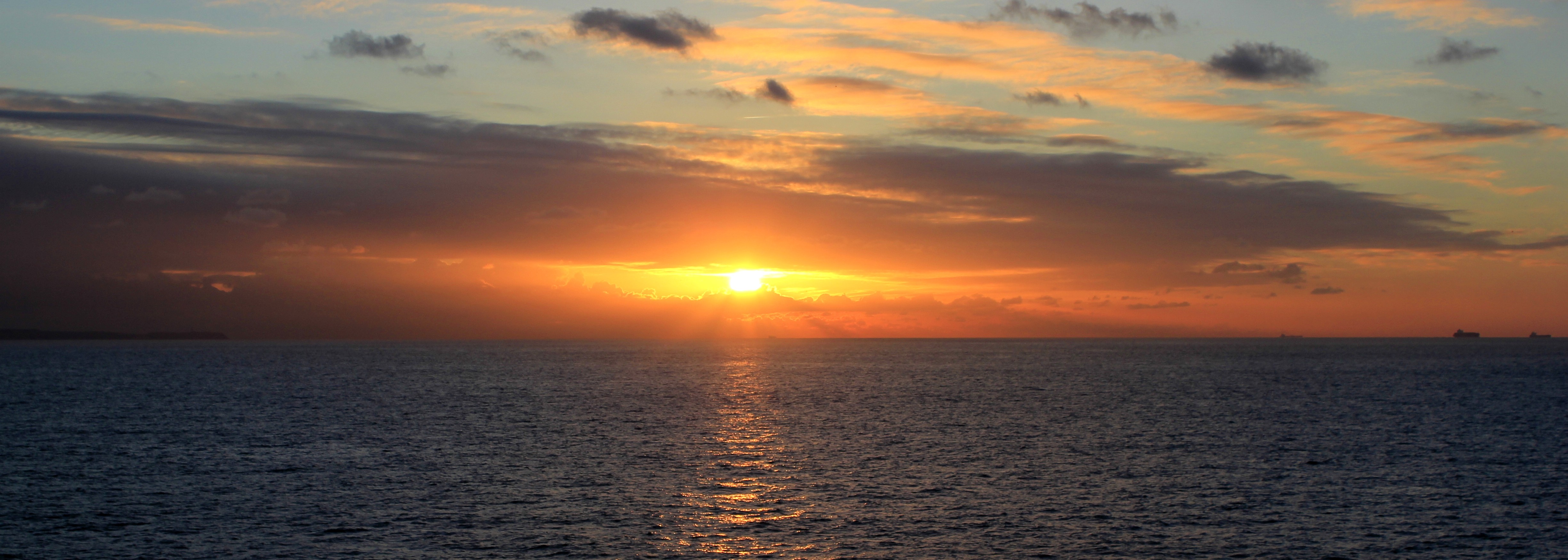Family
Written by OTiTO
Definitions of different viewpoints,
for the concept family:
derivation:
from Latin: familia = "name for the circle of family members, including servants" (famulus servant, assistant) and family possessions; also to this Latin: familiaris = "family belonging, trust, confidence"; The ancient Romans designated to familia often = "all that a free citizen possessed and what his household accounted for, including the associated slaves".
In English, sense = "collective body of persons who form one household under one head and one domestic government, including parents, children, and servants, and as sometimes used even lodgers or boarders" [Century Dictionary] is from 1540s. From 1660s = "parents with their children, whether they dwell together or not," also in a more general sense, "persons closely related by blood, including aunts, uncles, cousins;" earlier "those who descend from a common progenitor, a house, a lineage" (1580s). Hence, "any group of things classed as kindred based on common distinguishing characteristics" (1620s); as "a scientific classification, between genus and order", from 1753.
Replaced Old English hiwscipe, hiwan = "family," cognate with Old Norse hjon = "one of the household; married couple, man and wife; domestic servant," and with Old High German hiwo = "husband," hiwa "wife," also with Lithuanian šeimyna = "family," Gothic haims = "village," Old English ham = "village, home".
As an adjective from 1600 century; with the meaning "suitable for a family," by 1807. Family values first recorded 1966. Phrase in a family way "pregnant" is from 1796. Family circle is 1809; family man = "man devoted to wife and children, man inclined to lead a domestic life" is 1856.
in the modern more materialistic view of Wikipedia:
“The family combines biologically and socially many functions:
Whether the biological reproduction-function of the species "man" needs the institution of the "Family", is partly controversial. The biological basis of a family includes the ability to give birth and of procreativity. However, this is the case for example if a couple can not have children and adopted a child. Nevertheless, one can speak of a family. However, the coexistence of two or more generation is characteristic. Depending on the form of living together is the talk of a multi generation household or a multi generation family. The reproductive function is used to secure the succession of generations through the transmission of life. The family shapes possibly the quality of the reproduction of a society. “
Knauers encyclopedia of 1982 volume 6:
“The most important group of human society with the following functions: reproduction, development of socio-cultural personality of the child on the path of education, regulation of sexual relations between the spouses as well as social and emotional stability of the family members. Almost every person has two families. The orientation family (parents) and the procreation family founded by the individual himself. “
The new Brockhaus 1974 Volume 3:
“ Usually the parents with dependent children, as a unity of the household. “
Herder in 1957 volume 3:
'The family is the archetype of all community through the diversity and unity of their members, the concern for the common good, the relationship of authority and freedom, love, and obedience; the harmony of physical and spiritual purposes. As the gamete of the people it bears the legacy of health and disease through the centuries, governess to the comprehensive community, the State and the Church.'
Swiss encyclopedia of 1946 volume 3:
„ Although the family has changed in the development of the humanity, nevertheless, it is a basic institution of the society and as old as the culture itself. The extraordinary robustness of the family which has stood firm in spite of all reshapings to the biggest historical and social disasters explains itself by the fact that it apparently corresponds, to a general human need (as it is also given in the animal kingdom). Thus one may also look today, as the family is threatened by variously dangers, at it's future with a " temperate optimism “. “
Meyers Lexikon von 1926 Band 4:
“A group of people related through ancestry or gender community. Within the people belonged to a family originally only the descent in closer degree related individuals by blood (blood relationship), except by marrying in, in which the woman was the head. Only after the transformation to the Patriarchate, foreign children were admitted by adoption into the family (civil relationship). “









